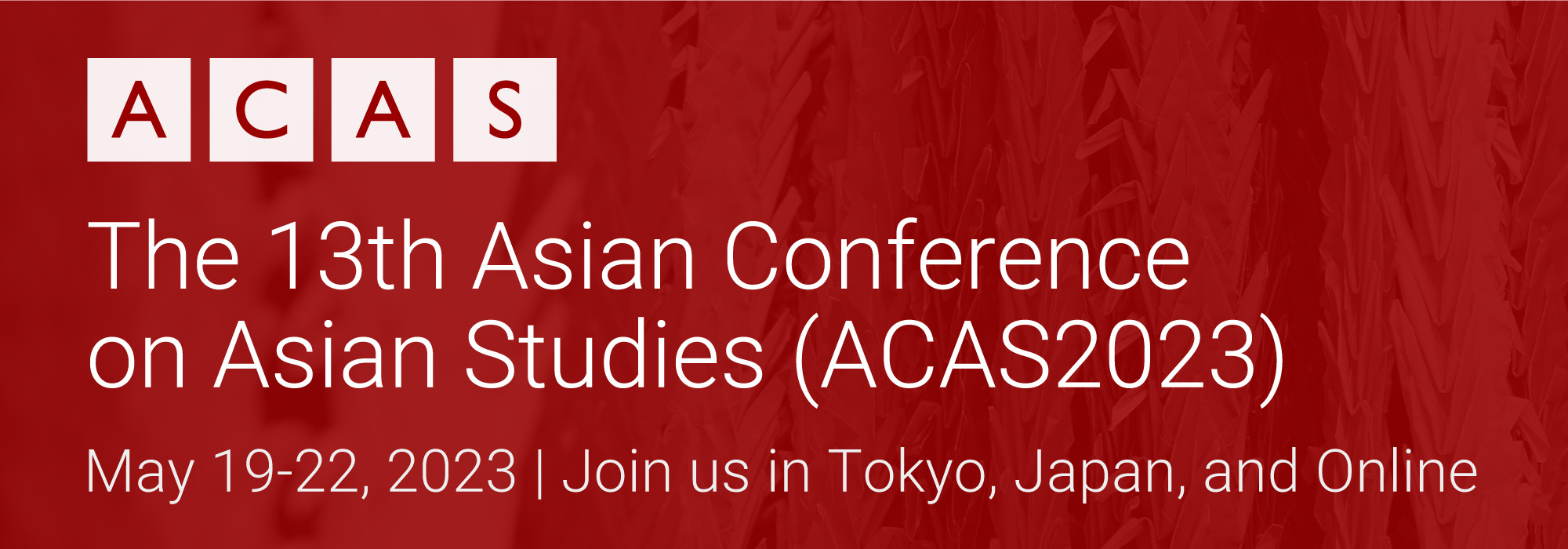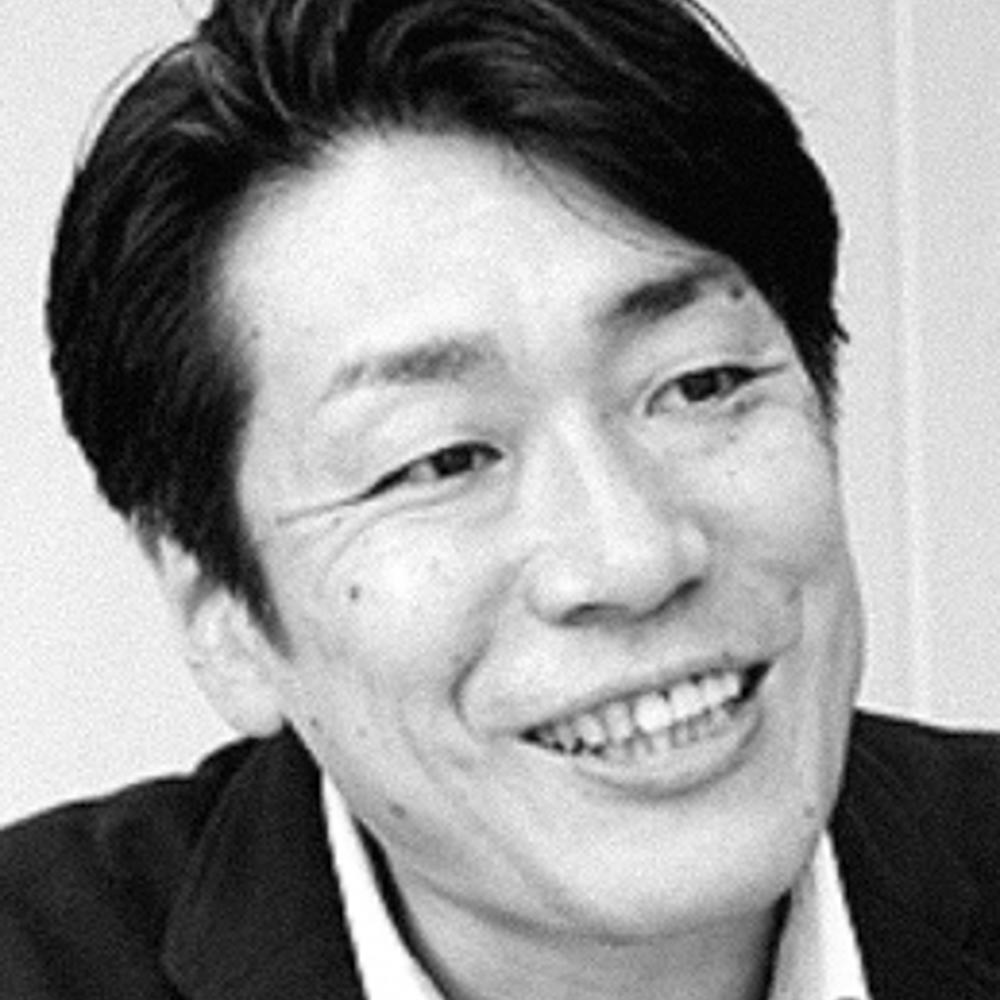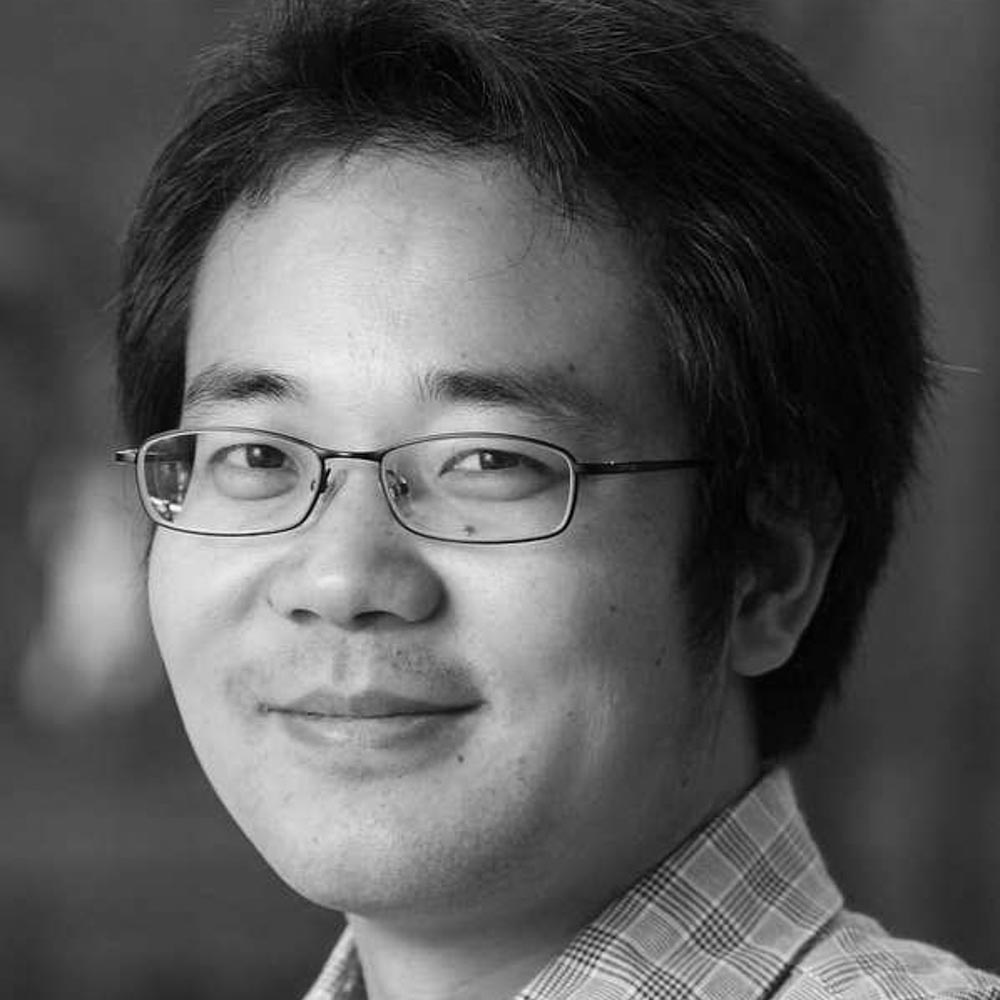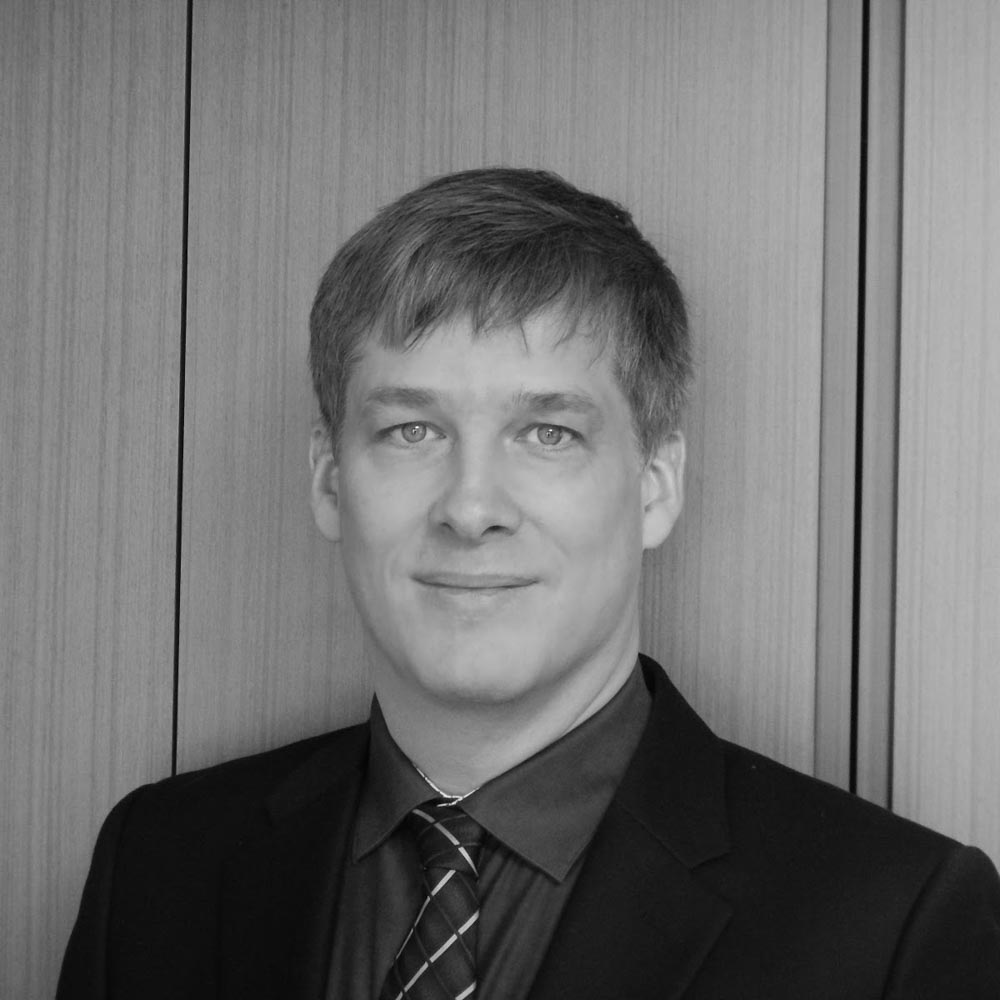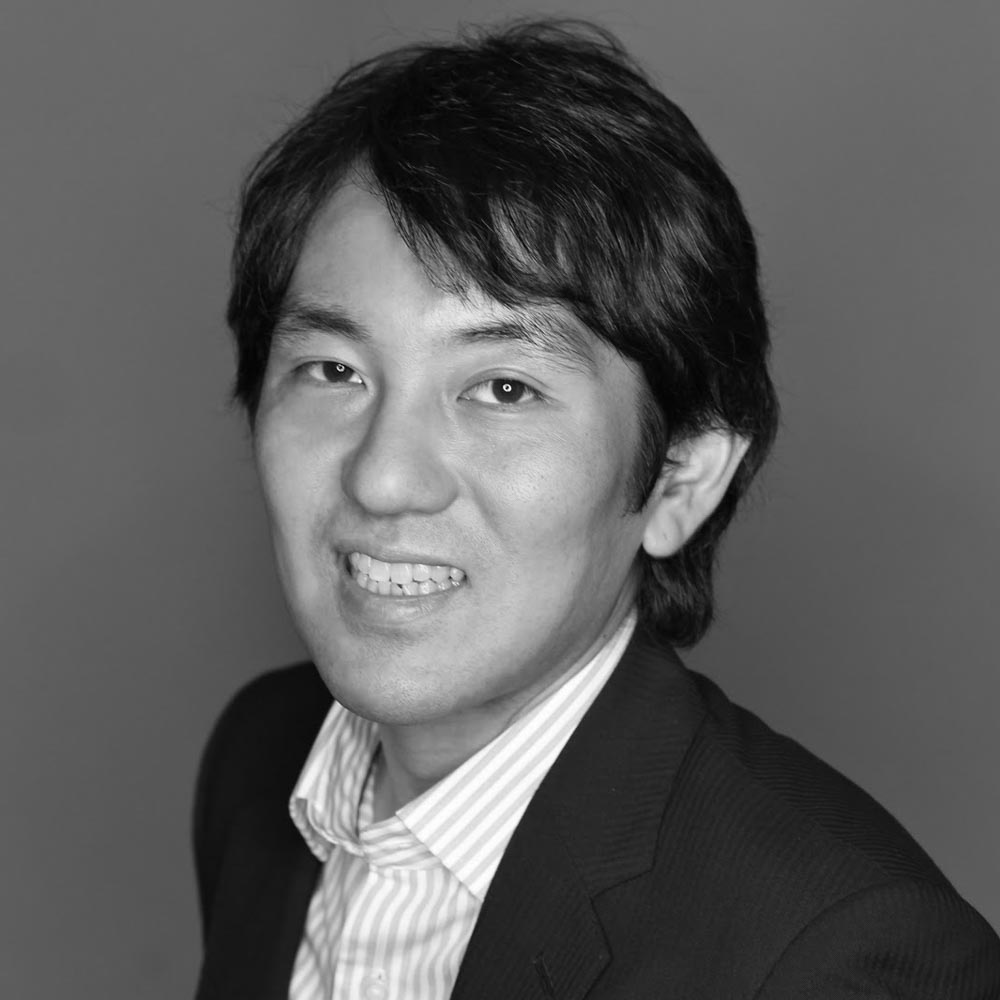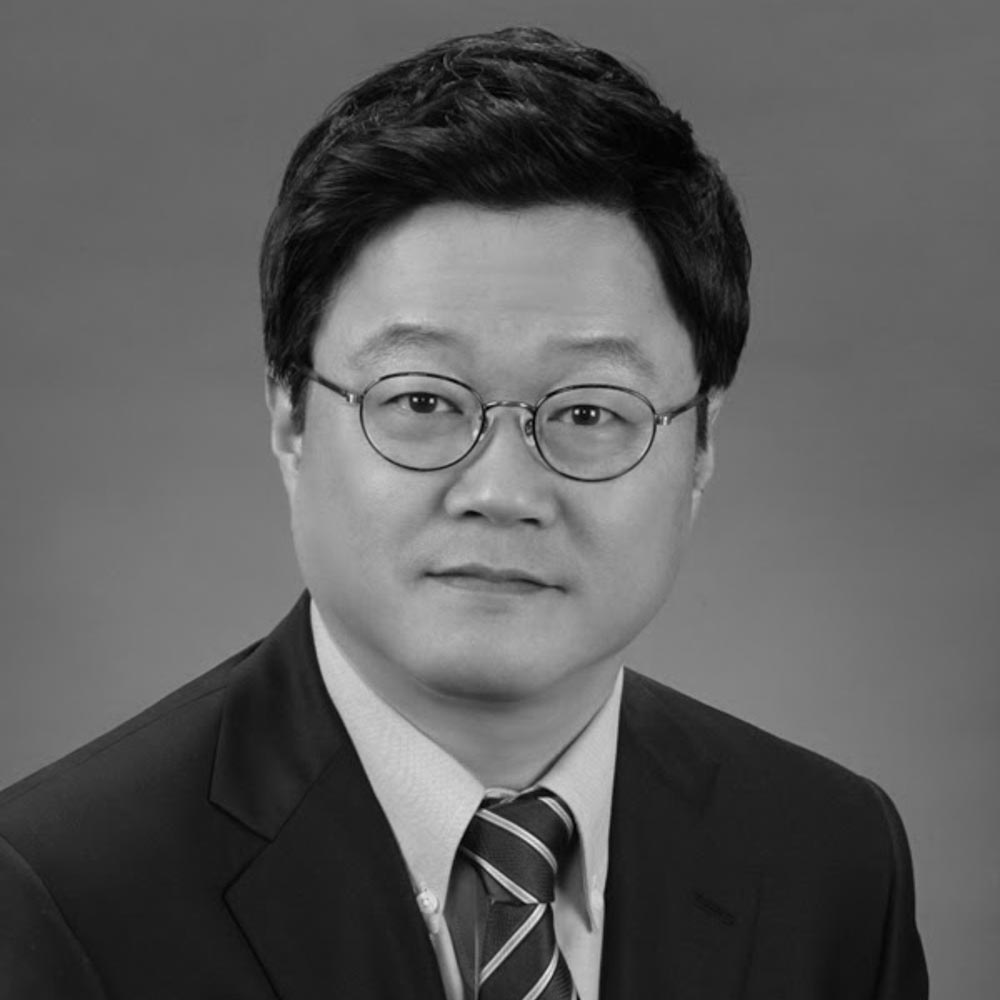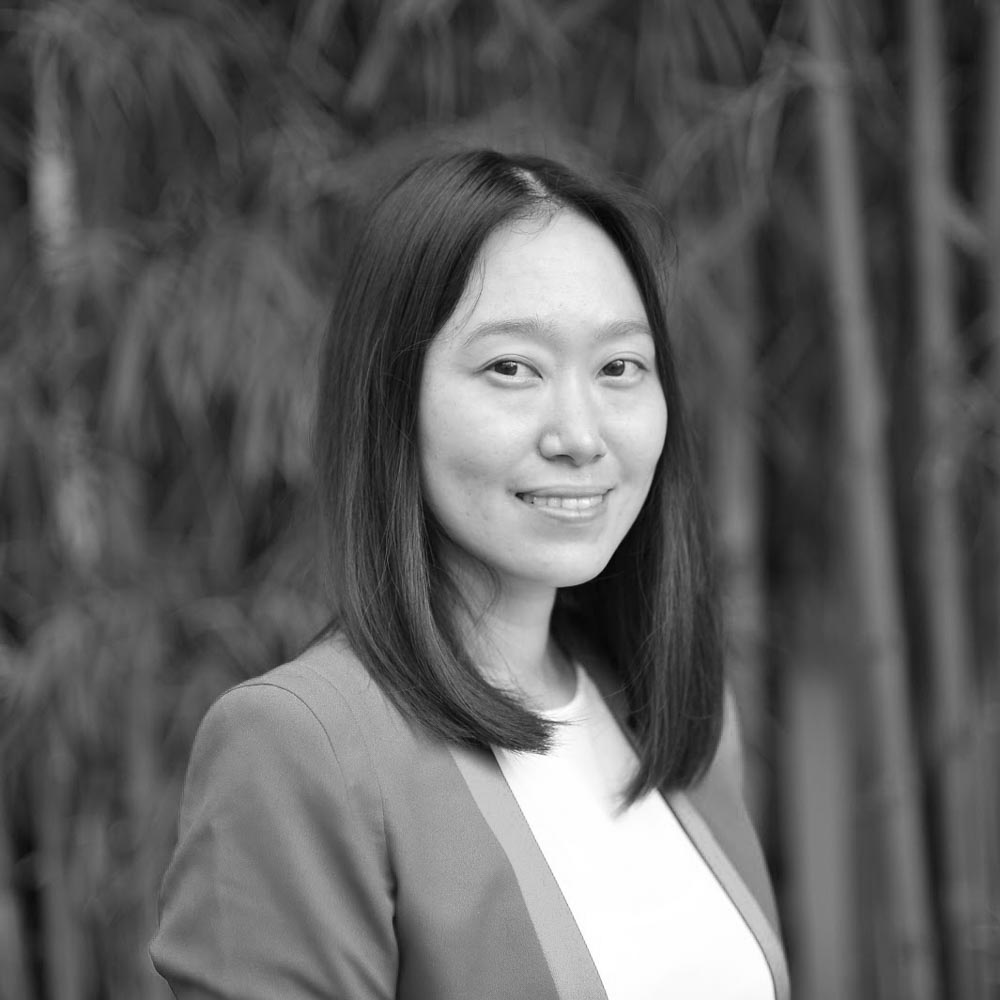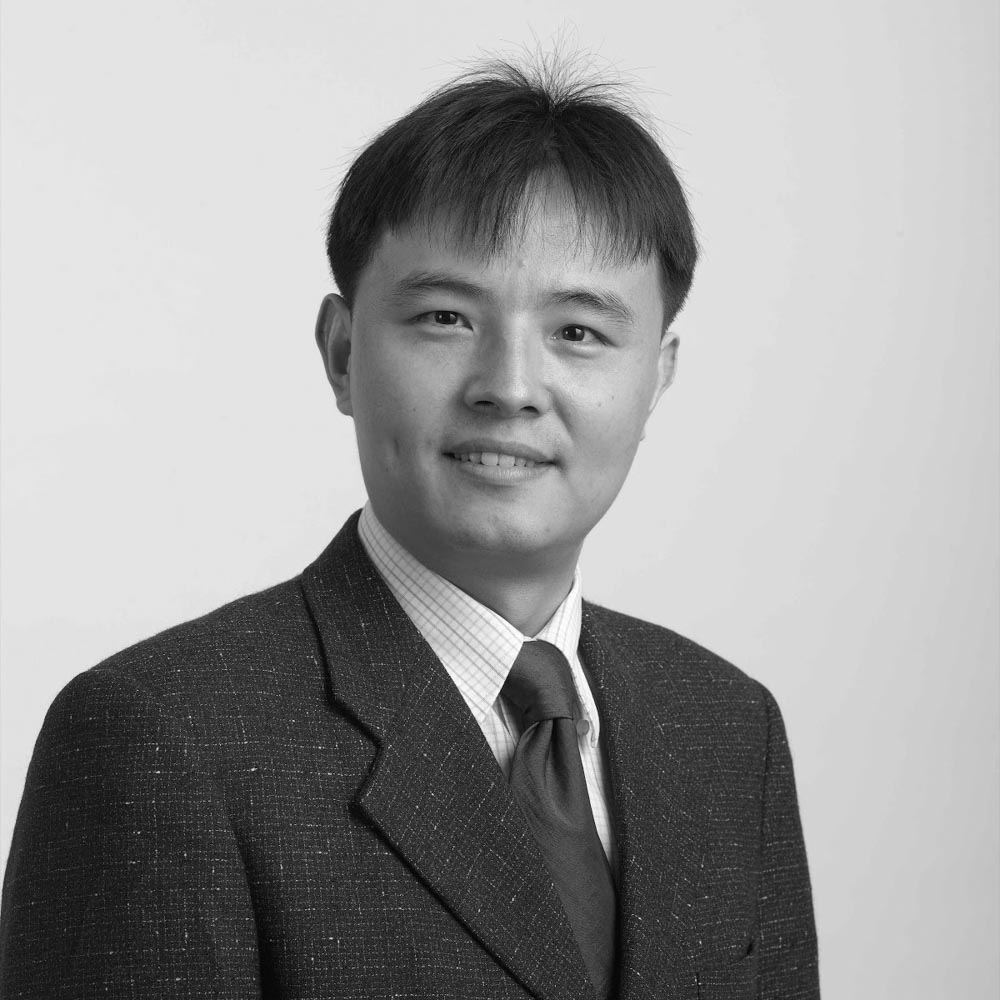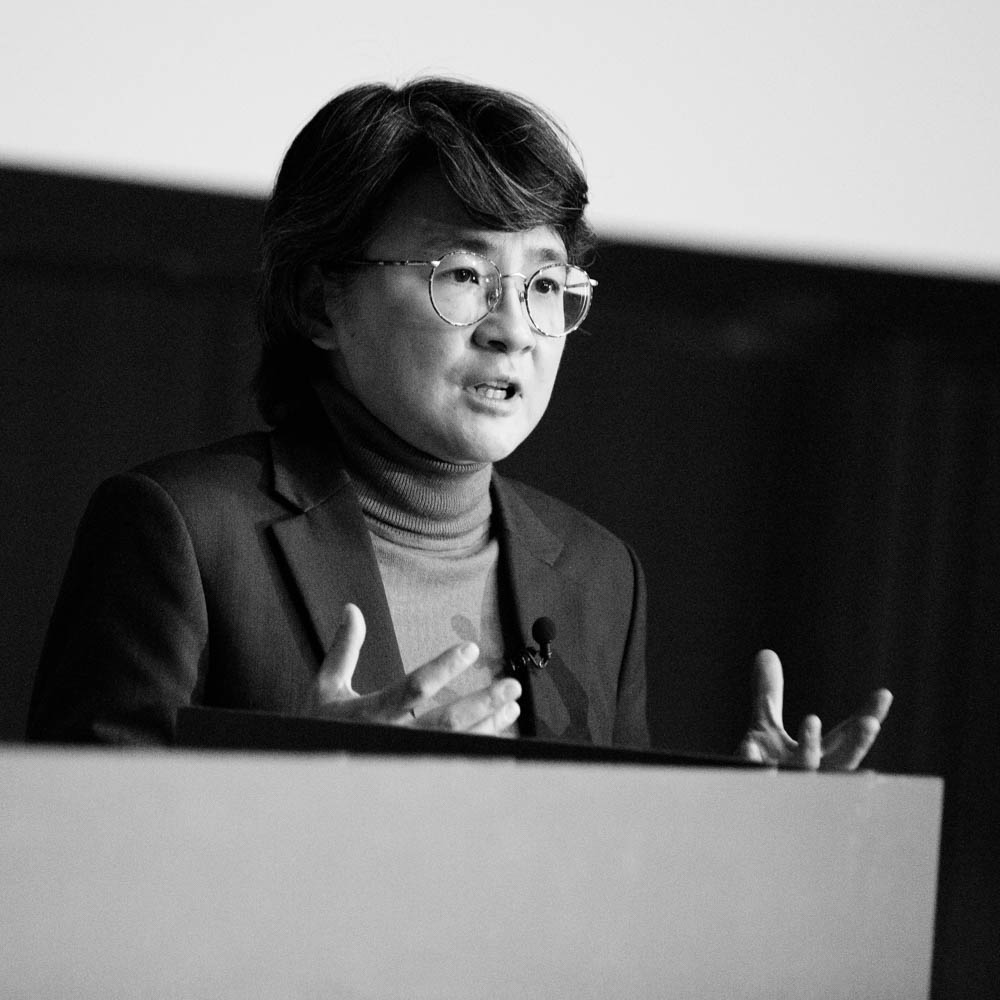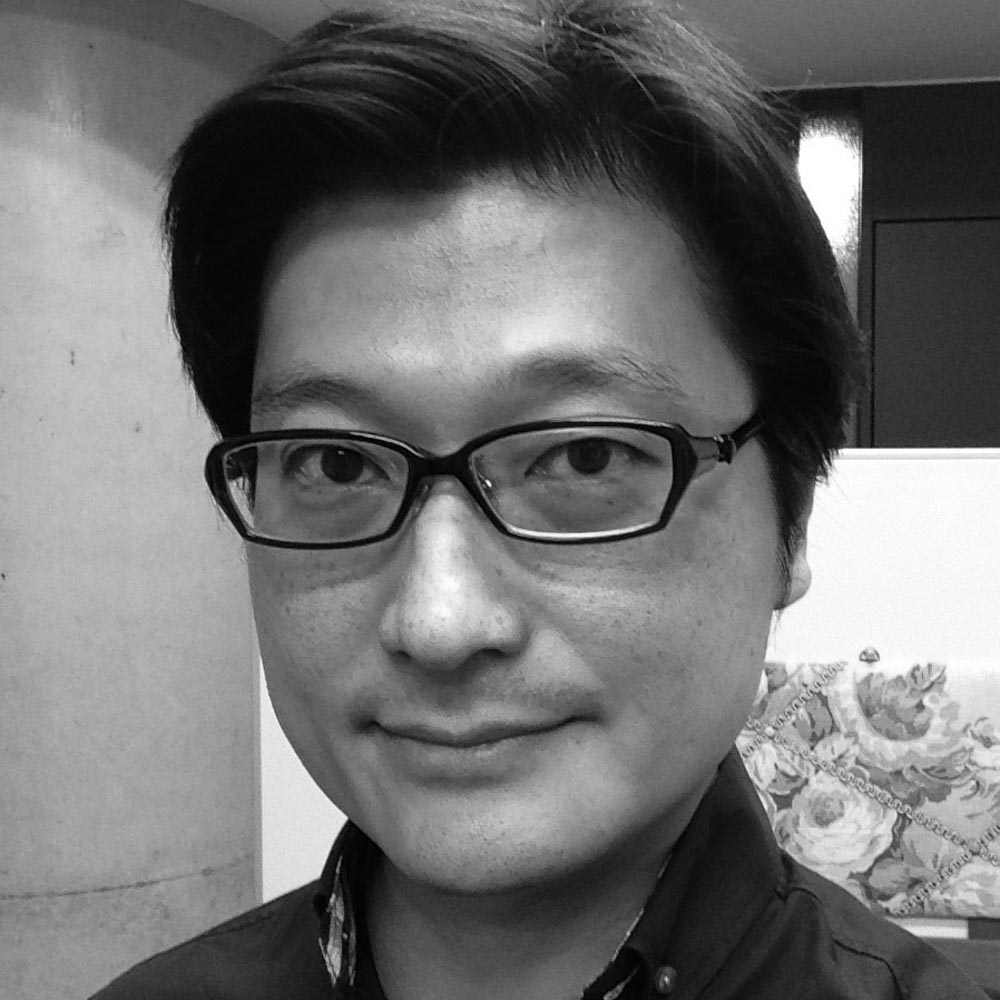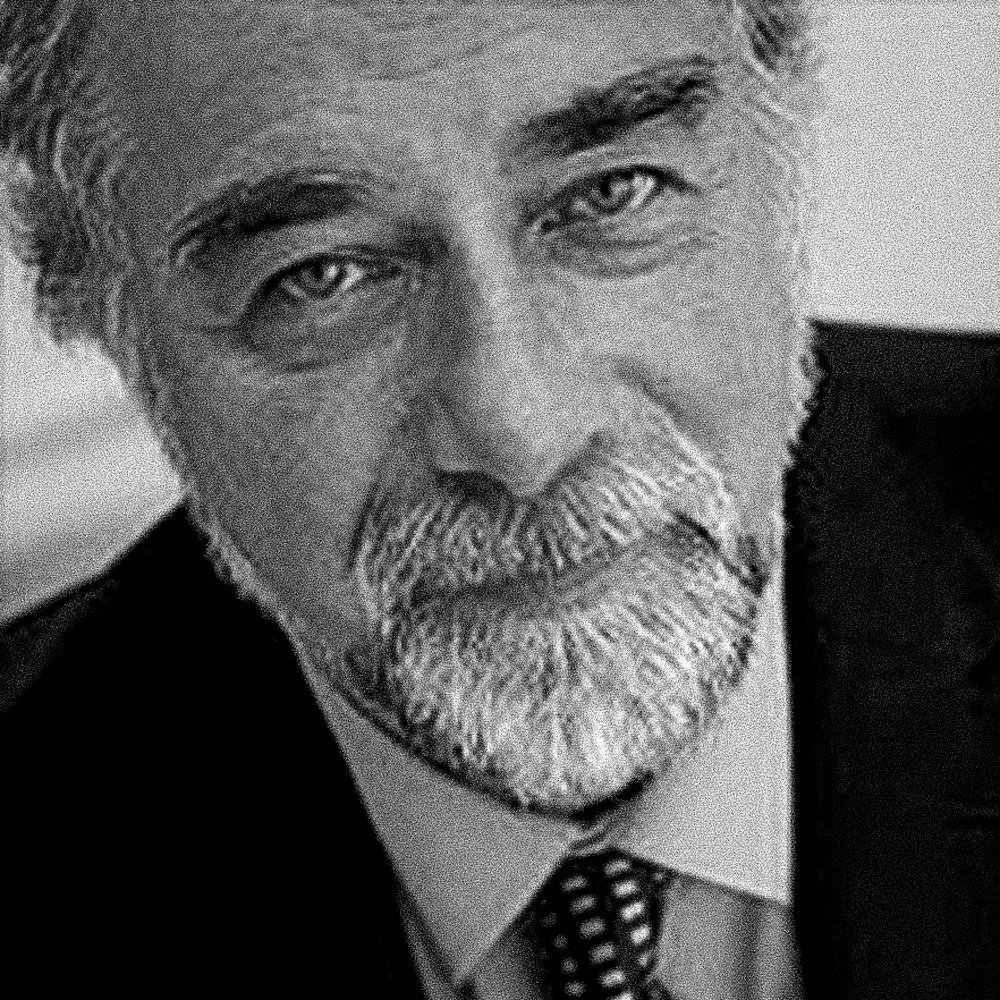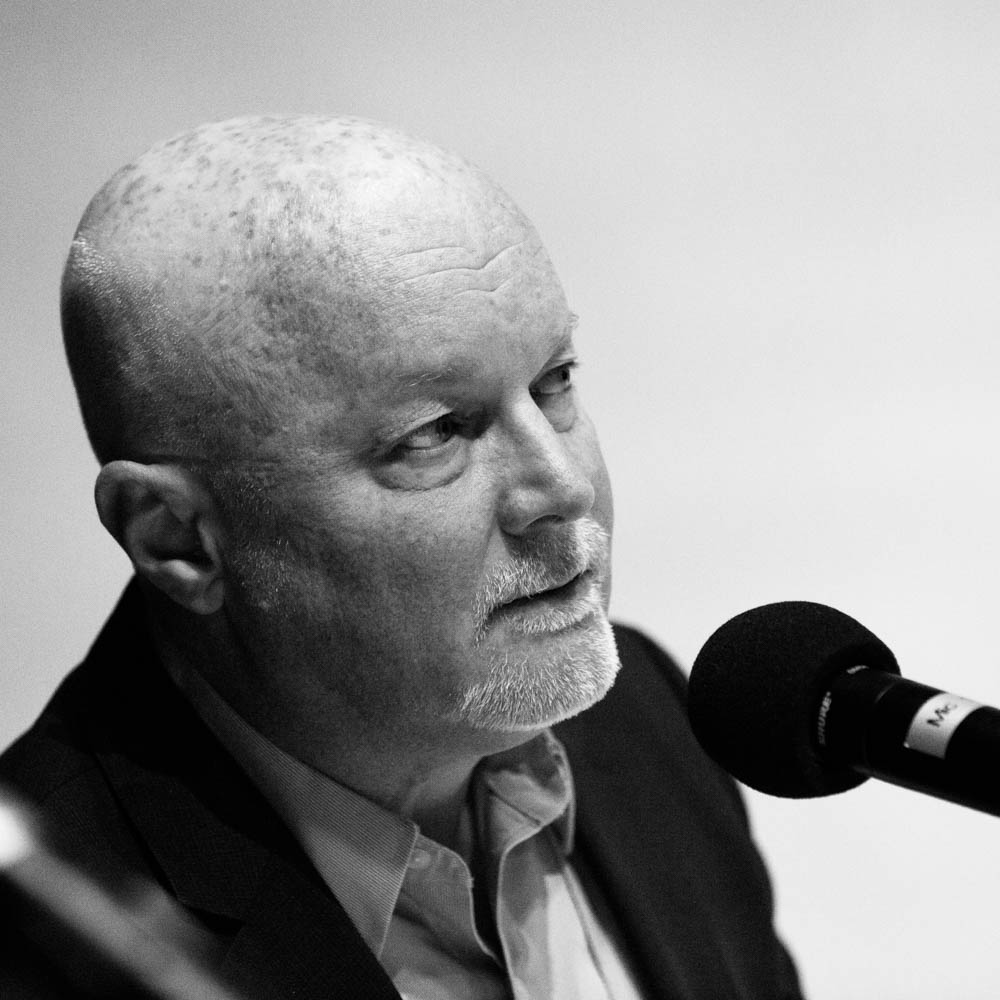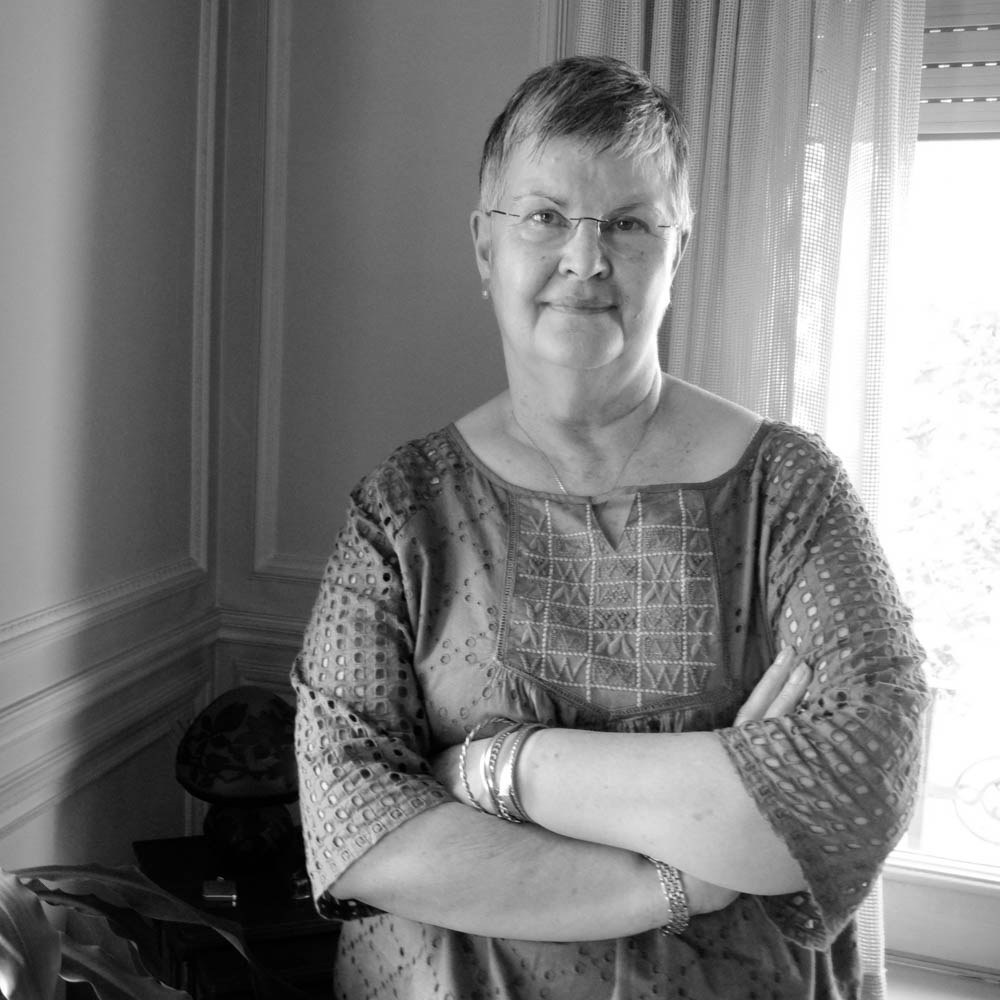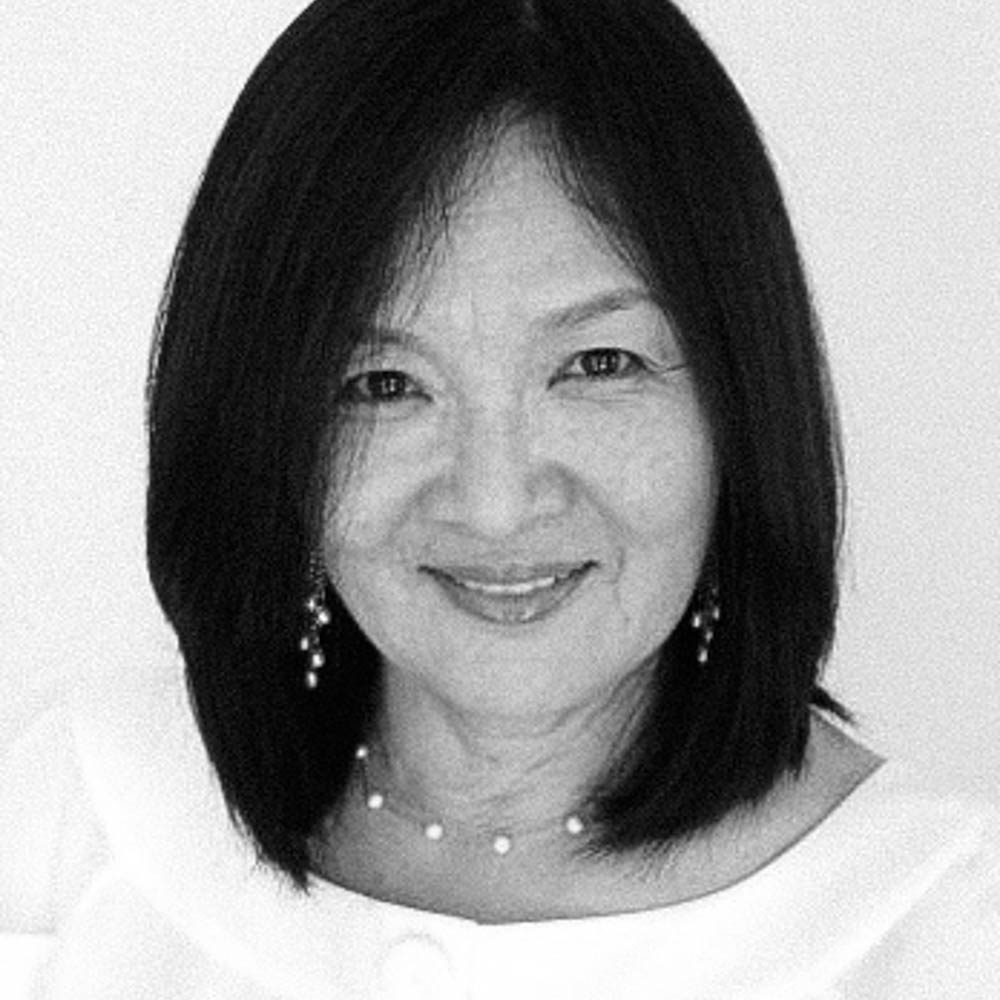ACAS2020 | May 27-30, 2020
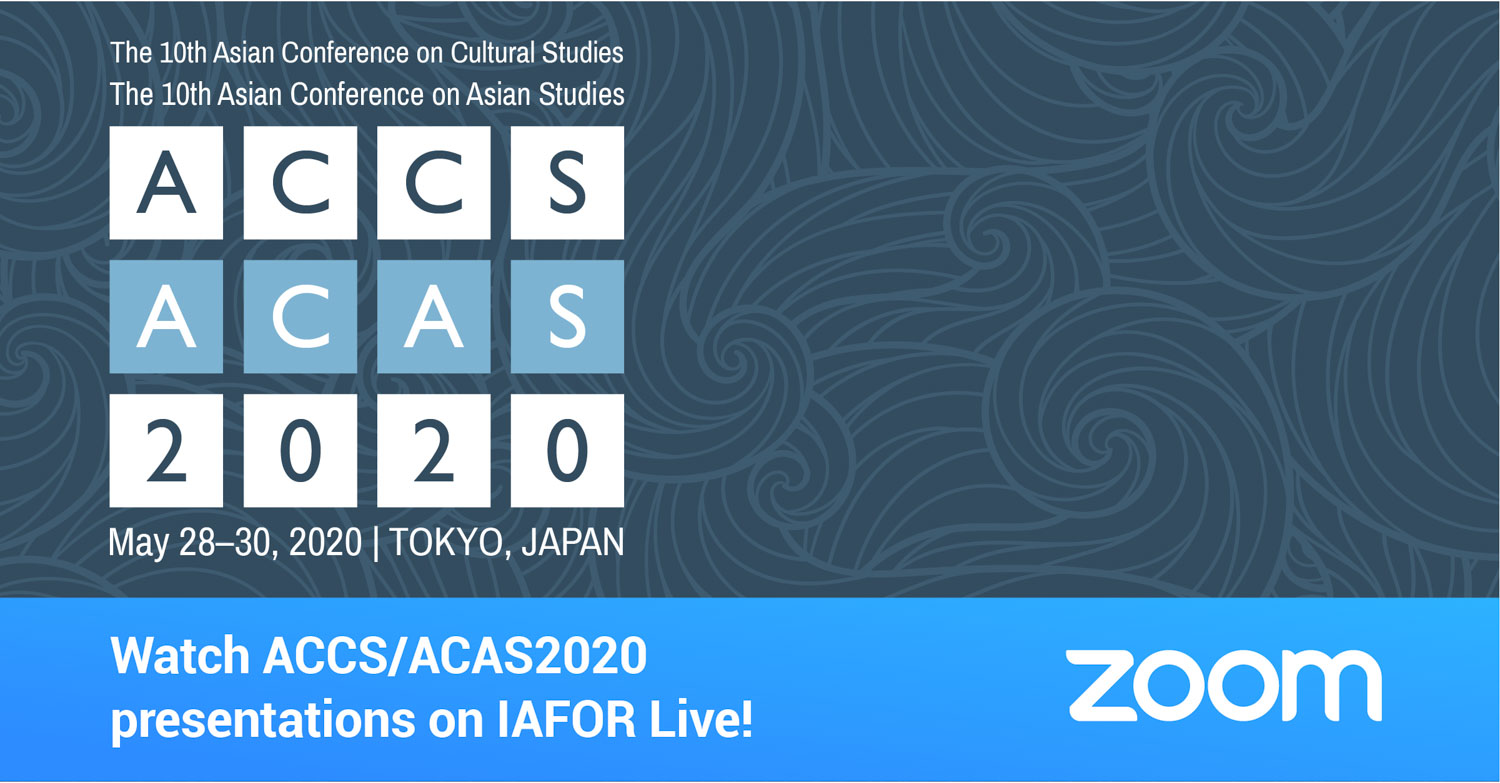
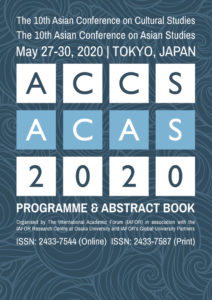 Held in partnership with the IAFOR Research Centre at the Osaka School of International Public Policy (OSIPP) at Osaka University, this international conference encourages academics and scholars to meet and exchange ideas and views in a forum stimulating respectful dialogue. This event will afford an exceptional opportunity for renewing old acquaintances, making new contacts, networking, and facilitating partnerships across national and disciplinary borders.
Held in partnership with the IAFOR Research Centre at the Osaka School of International Public Policy (OSIPP) at Osaka University, this international conference encourages academics and scholars to meet and exchange ideas and views in a forum stimulating respectful dialogue. This event will afford an exceptional opportunity for renewing old acquaintances, making new contacts, networking, and facilitating partnerships across national and disciplinary borders.
Since its founding in 2009, IAFOR has brought people and ideas together in a variety of events and platforms to promote and celebrate interdisciplinary study, and underline its importance. Over the past year we have engaged in many cross-sectoral projects, including those with universities (the University of Barcelona, Hofstra University, UCL, University of Belgrade and Moscow State University), a think tank (the East-West Center), as well as collaborative projects with the United Nations in New York, and here, with the Government of Japan through the Prime Minister’s office.
With the IAFOR Research Centre, we have engaged in a number of interdisciplinary initiatives we believe will have an important impact on domestic and international public policy conversations. It is through conferences like these that we expand our network and partners, and we have no doubt that ACAS2020 will offer a remarkable opportunity for the sharing of research and best practice, and for the meeting of people and ideas.
The 10th Asian Conference on Asian Studies (ACAS2020) will be held alongside The 10th Asian Conference on Cultural Studies (ACCS2020).
Due to the global coronavirus pandemic, ACAS2020 was held Online via Zoom.
Plenary Presentations
Plenary Panel Discussion
Design and Democracy
Bruce Brown, Royal College of Art, United Kingdom
Saito Nagayuki, International Professional University of Technology, Japan
Ryuji Yamazaki-Skov, Osaka University, Japan
Moderator: Joseph Haldane, IAFOR, Japan
This panel is co-organised by the Konrad Adenauer Foundation, Japan (KAS)
Plenary Panel Discussion
The COVID-19 Pandemic and the Crisis of Global Politics: A View from Asia
Jaewoo Choo, Kyunghee University, South Korea
Brendan Howe, Ewha Women’s University, South Korea
Kei Koga, Nanyang Technological University, Singapore
Mingjiang Li, Nanyang Technological University, Singapore
June Park, National Research Foundation of Korea, South Korea
Haruko Satoh, Osaka University, Japan
Yang Xianfeng, Yonsei University, South Korea
This panel is sponsored by The Korea Foundation
Keynote Presentation
Dislocation/Invitation
Donald E. Hall, University of Rochester, USA
Plenary Panel Discussion
Communication, Technology and Transparency in Times of COVID
Gerard Goggin, Nanyang Technological University, Singapore
Mark Pegrum, The University of Western Australia, Australia
Moderator: Joseph Haldane, IAFOR, Japan
Programme
-
 Communication, Technology and Transparency in Times of COVIDPlenary Panel Discussion: Gerard Goggin, Mark Pegrum & Joseph Haldane
Communication, Technology and Transparency in Times of COVIDPlenary Panel Discussion: Gerard Goggin, Mark Pegrum & Joseph Haldane -
 Covid-19 pandemic and the crisis of global politics: A view from AsiaPlenary Panel Discussion: June Park, Jaewoo Choo, Haruko Satoh, Xiangfeng Yang, Mingjiang Li, Brendan Howe & Kei Koga
Covid-19 pandemic and the crisis of global politics: A view from AsiaPlenary Panel Discussion: June Park, Jaewoo Choo, Haruko Satoh, Xiangfeng Yang, Mingjiang Li, Brendan Howe & Kei Koga -
 Design and DemocracyPlenary Panel Presentation: Bruce Brown, Ryuji Yamazaki & Nagayuki Saito
Design and DemocracyPlenary Panel Presentation: Bruce Brown, Ryuji Yamazaki & Nagayuki Saito -
 Dislocation/InvitationKeynote Presentation: Donald E. Hall
Dislocation/InvitationKeynote Presentation: Donald E. Hall
Speakers
-
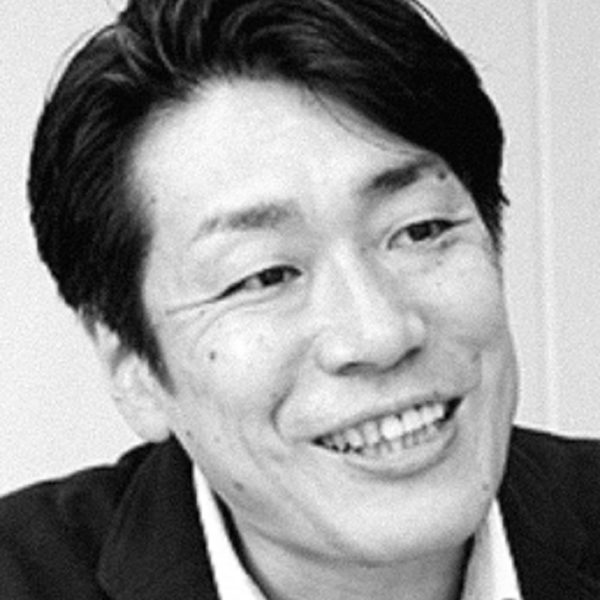 Nagayuki SaitoInternational Professional University of Technology, Japan
Nagayuki SaitoInternational Professional University of Technology, Japan -
 Mark PegrumThe University of Western Australia, Australia
Mark PegrumThe University of Western Australia, Australia -
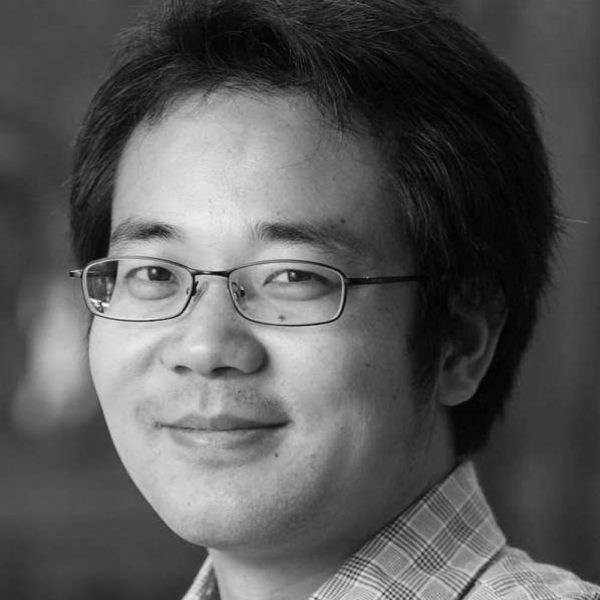 Xiangfeng YangYonsei University, South Korea
Xiangfeng YangYonsei University, South Korea -
 Gerard GogginNanyang Technological University, Singapore
Gerard GogginNanyang Technological University, Singapore -
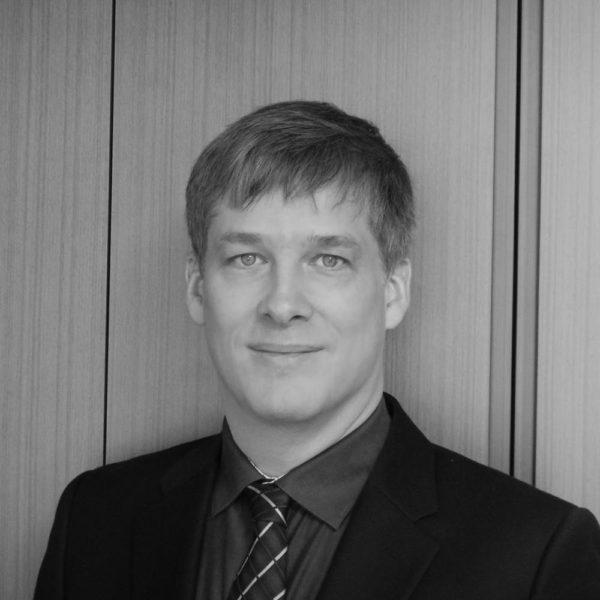 Brendan HoweEwha Womans University, South Korea
Brendan HoweEwha Womans University, South Korea -
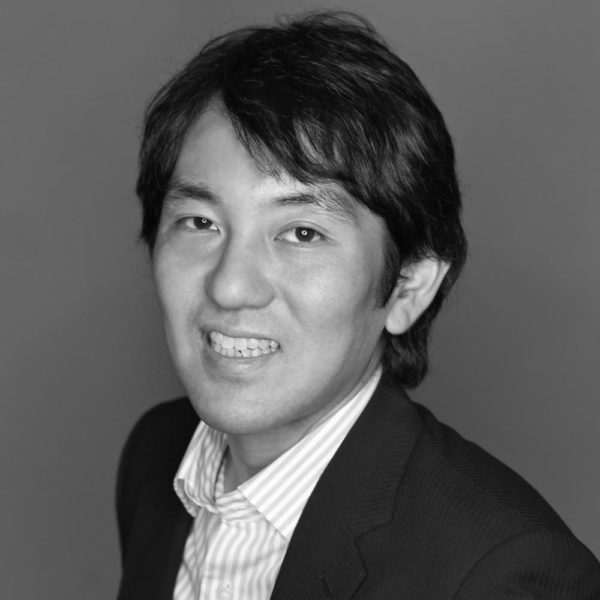 Kei KogaNanyang Technological University, Singapore
Kei KogaNanyang Technological University, Singapore -
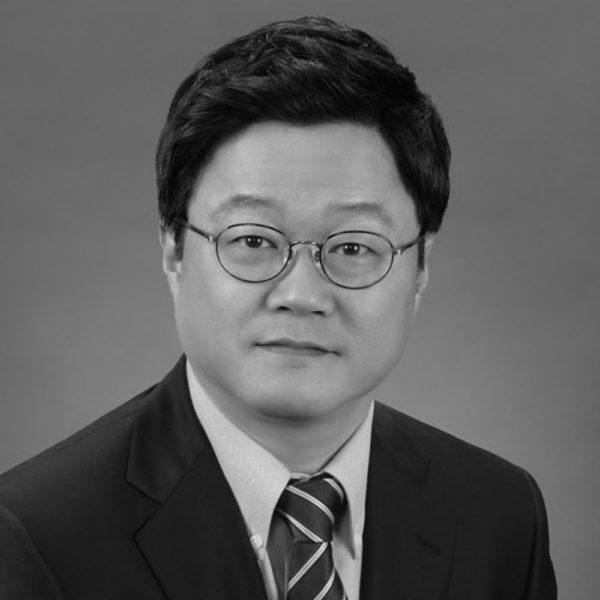 Jaewoo ChooKyung Hee University, South Korea
Jaewoo ChooKyung Hee University, South Korea -
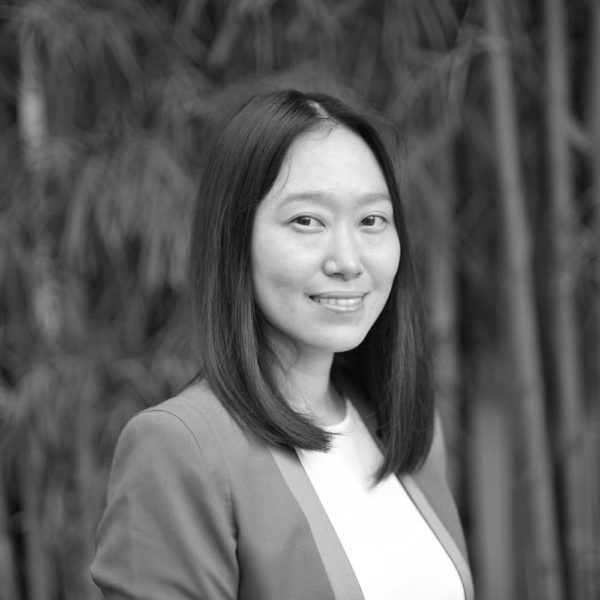 June ParkNational Research Foundation of Korea, South Korea
June ParkNational Research Foundation of Korea, South Korea -
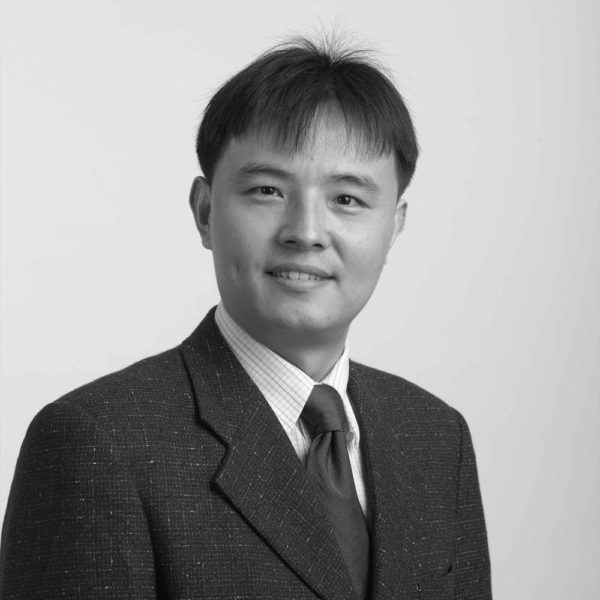 Mingjiang LiNanyang Technological University, Singapore
Mingjiang LiNanyang Technological University, Singapore -
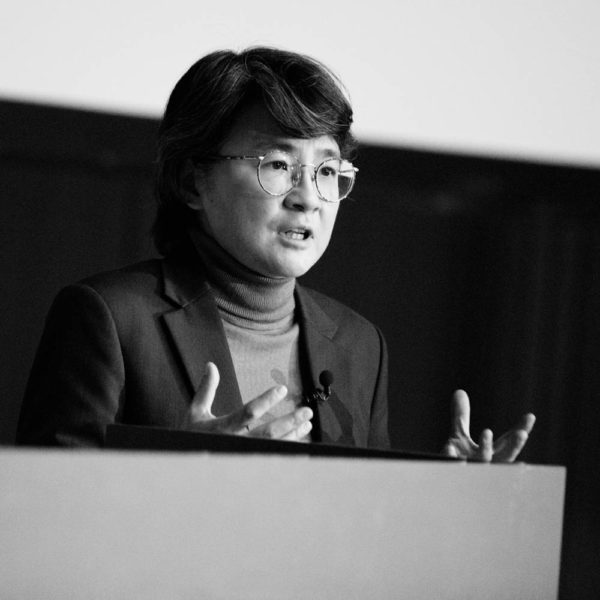 Haruko SatohOsaka University, Japan
Haruko SatohOsaka University, Japan -
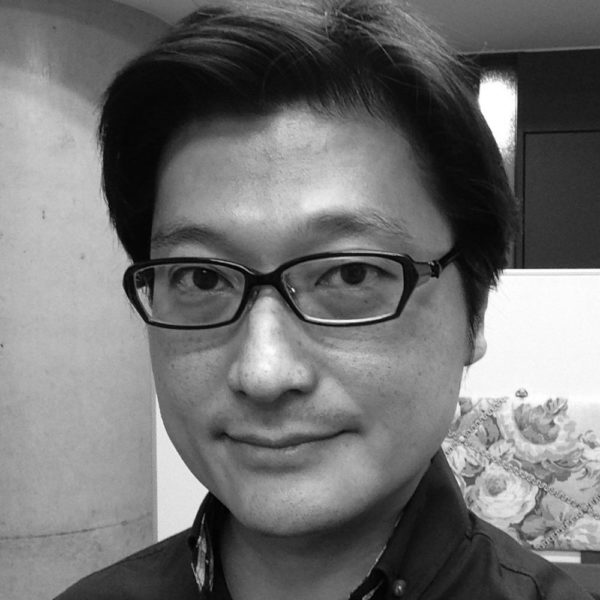 Ryuji YamazakiOsaka University, Japan
Ryuji YamazakiOsaka University, Japan -
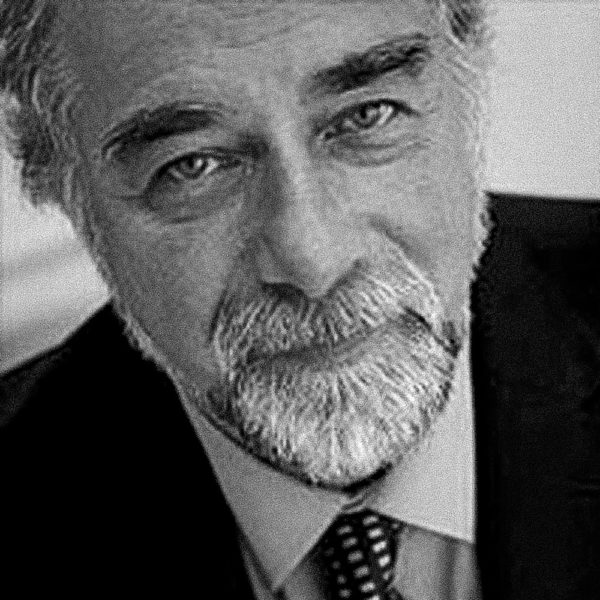 Bruce BrownRoyal College of Art, UK
Bruce BrownRoyal College of Art, UK -
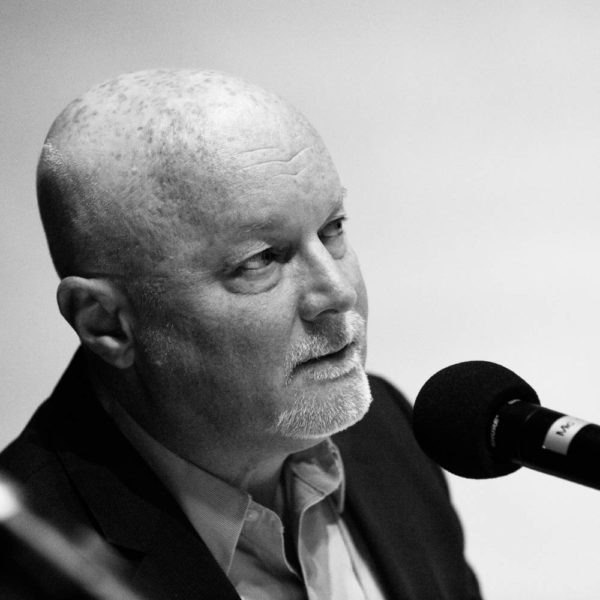 Donald E. HallUniversity of Rochester, United States
Donald E. HallUniversity of Rochester, United States -
 Joseph HaldaneThe International Academic Forum (IAFOR), Japan
Joseph HaldaneThe International Academic Forum (IAFOR), Japan
Organising Committee
-
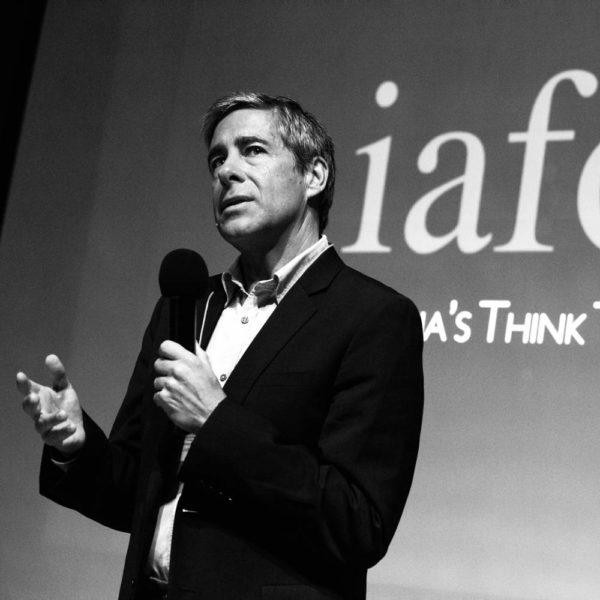 Baden OffordCentre for Human Rights Education, Curtin University, Australia & Cultural Studies Association of Australasia
Baden OffordCentre for Human Rights Education, Curtin University, Australia & Cultural Studies Association of Australasia -
 Donald E. HallUniversity of Rochester, United States
Donald E. HallUniversity of Rochester, United States -
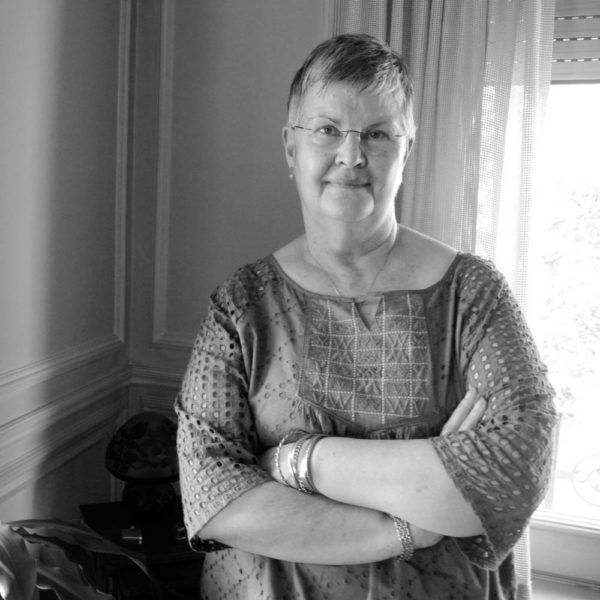 Sue BallynUniversity of Barcelona, Spain
Sue BallynUniversity of Barcelona, Spain -
 Joseph HaldaneThe International Academic Forum (IAFOR), Japan
Joseph HaldaneThe International Academic Forum (IAFOR), Japan -
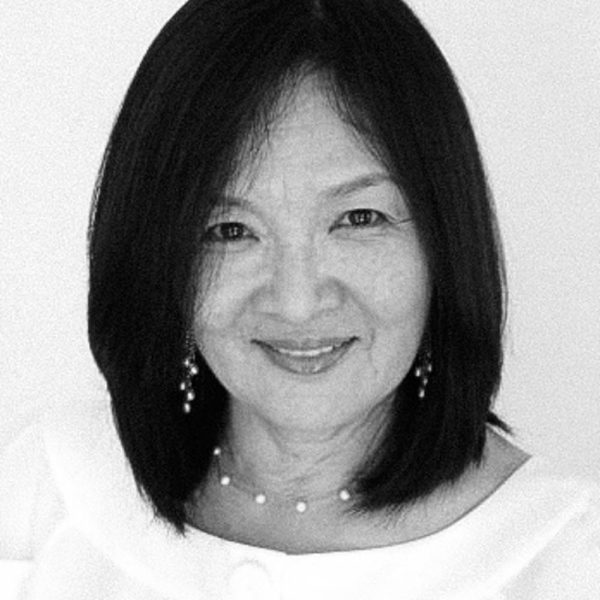 Seiko YasumotoUniversity of Sydney, Australia
Seiko YasumotoUniversity of Sydney, Australia
Review Committee
- Dr Sara Abdoh, Faculty of Applied Arts, Benha University, Egypt
- Dr Allan Basas, University of Santo Tomas, Philippines
- Dr Chai Lee Lim, Beijing Normal University-Hong Kong Baptist University United International College, China
- Dr Hooi San Noew, Universiti Tunku Abdul Rahman, Malaysia
- Dr Asae Sayaka, The Institute of Good Governance for Social and Economic Dev, Thailand
- Professor Jimmy Soria, University of Northern Philippines, Philippines
